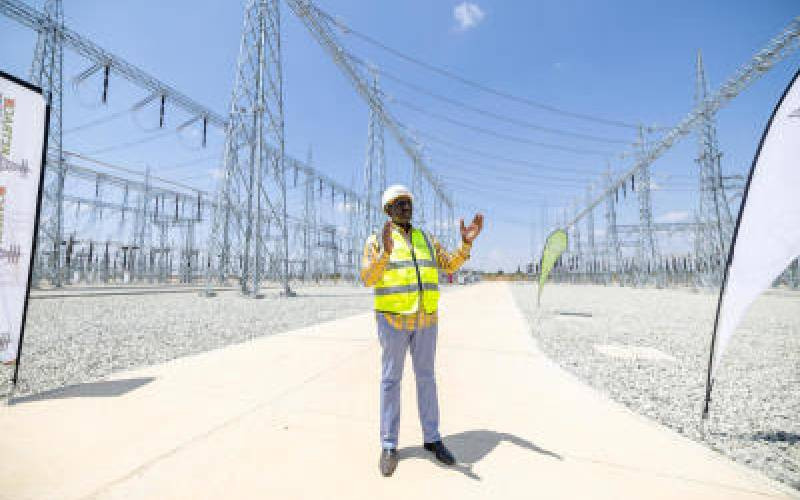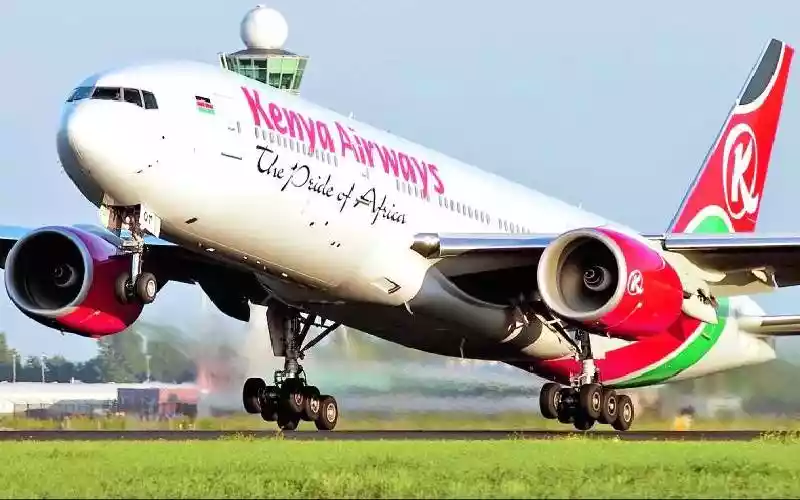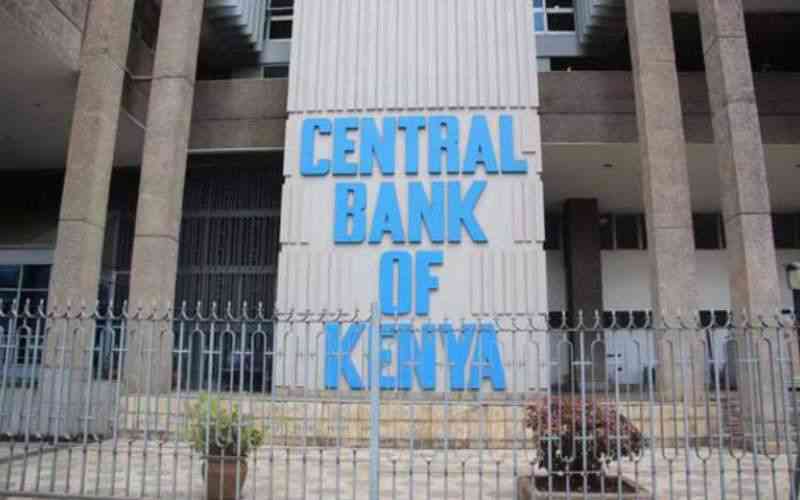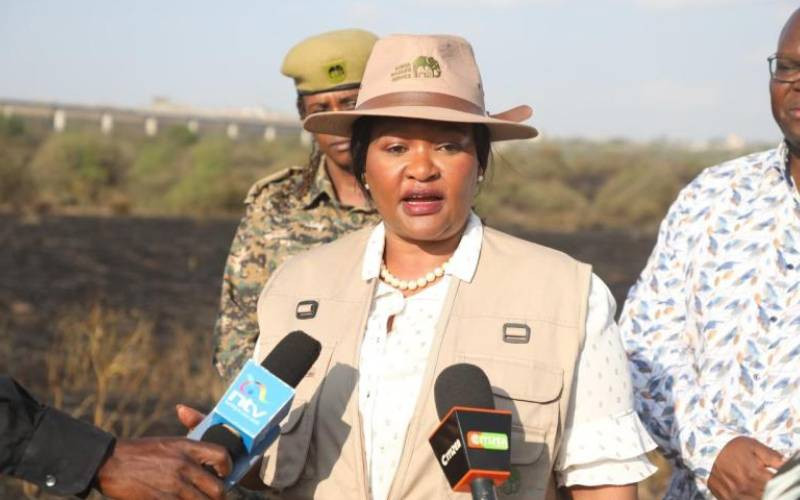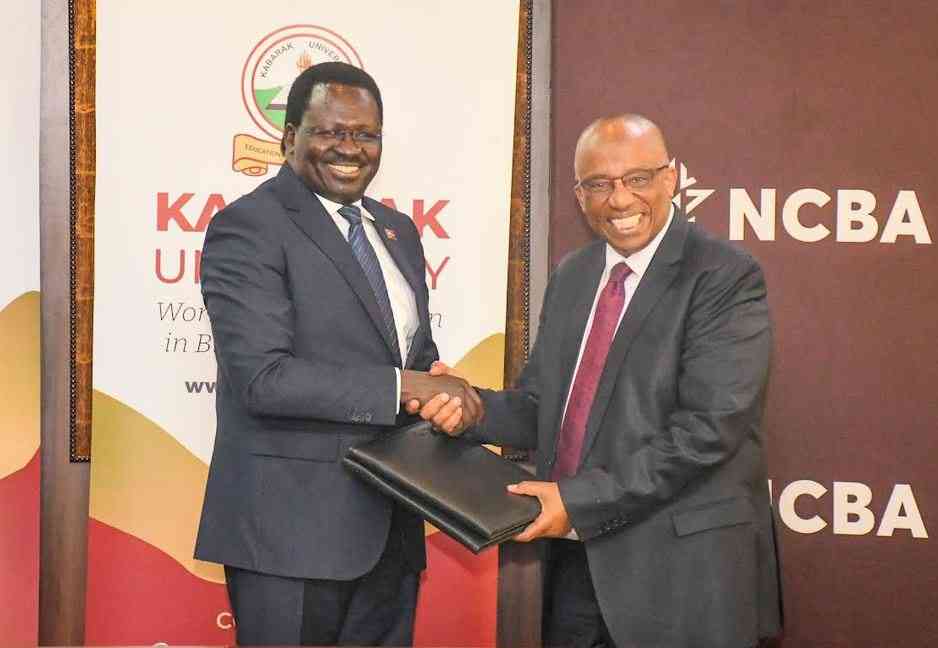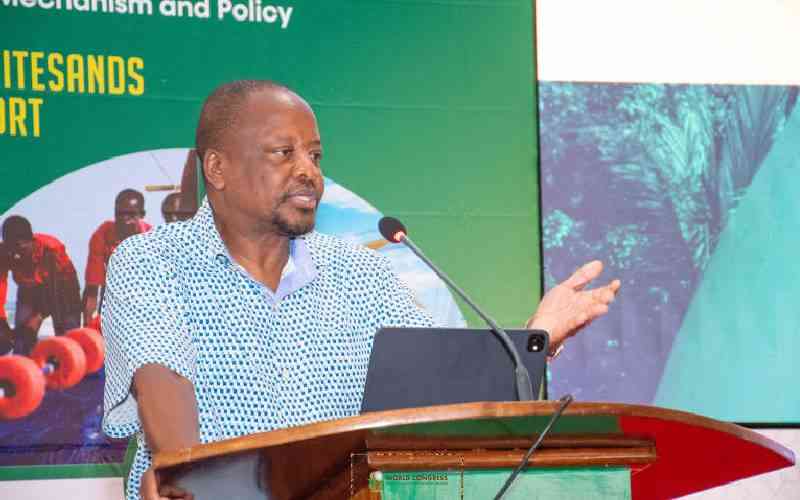
Agriculture and Livestock Development Cabinet Secretary Mutahi Kagwe has warned that individuals involved in the sale of fake seeds risk facing treason charges, describing the act as a deliberate economic sabotage and a serious threat to national food security.
Speaking during the launch of new Kenya Plant Health Inspectorate Service (KEPHIS) facilities in Nyeri, Kagwe said the government will not tolerate the infiltration of counterfeit seeds and uncertified planting materials in the country’s markets.
He called on Parliament to tighten laws governing the seed sector, arguing that fake seeds jeopardize Kenya’s agricultural future and farmers’ livelihoods.
“Selling fake seeds is a deliberate act of sabotage against our country. This endangers our food supply and constitutes economic sabotage, deserving of treason charges,” he said.
He directed security agencies to intensify surveillance and crackdowns on unlicensed seed dealers and illegal nurseries across all counties.
Kagwe urged farmers to remain vigilant and only buy seeds and planting materials certified by KEPHIS, warning that the government will take firm action against those compromising agricultural integrity for profit.
The CS further issued a stern warning to criminals targeting farms, particularly those vandalizing coffee trees and destroying avocado and macadamia plantations, saying such acts not only hurt farmers but also threaten Kenya’s export potential.
“Think about what you will steal tomorrow after you cut down the coffee trees, the government is considering reviving the agricultural police unit to curb farm-related crimes and safeguard farmers’ investments," he said.
Kagwe also criticized coffee hawkers who exploit farmers by buying fresh coffee cherries illegally—often in exchange for alcohol—saying the practice undermines the formal value chain and denies farmers fair returns for their hard work.
At the same event, Kagwe officially opened the new KEPHIS laboratory in Nyeri, describing it as a landmark investment that will help farmers enhance productivity and competitiveness. The facility will provide soil testing, plant disease diagnostics, and training services to improve farm management and compliance with global standards.
“This modern facility will help farmers understand their soils and detect diseases early, enabling them to produce quality crops that can compete internationally,” Kagwe said.
KEPHIS CEO Prof. Theophilus M. Mutui commended the Nyeri County Government for allocating land for the project and revealed that the facility will host plant clinics, disease surveillance programs, and training collaborations with the Kenya School of Agriculture and Wambugu Technical Institute for Agriculture.
“This facility will empower farmers with modern skills, compliance knowledge, and access to scientific support, ensuring Kenya’s agriculture remains globally competitive,” he said.
The launch was attended by the Nyeri Senator, six Members of Parliament from the county.
Stay informed. Subscribe to our newsletter
Kagwe reaffirmed the government’s unwavering commitment to strengthening the agricultural value chain, saying the sector remains the backbone of the country’s economy and food security.
“Farmers deserve our protection. Anyone attempting to sabotage agriculture will face the full consequences of the law,” he said.
